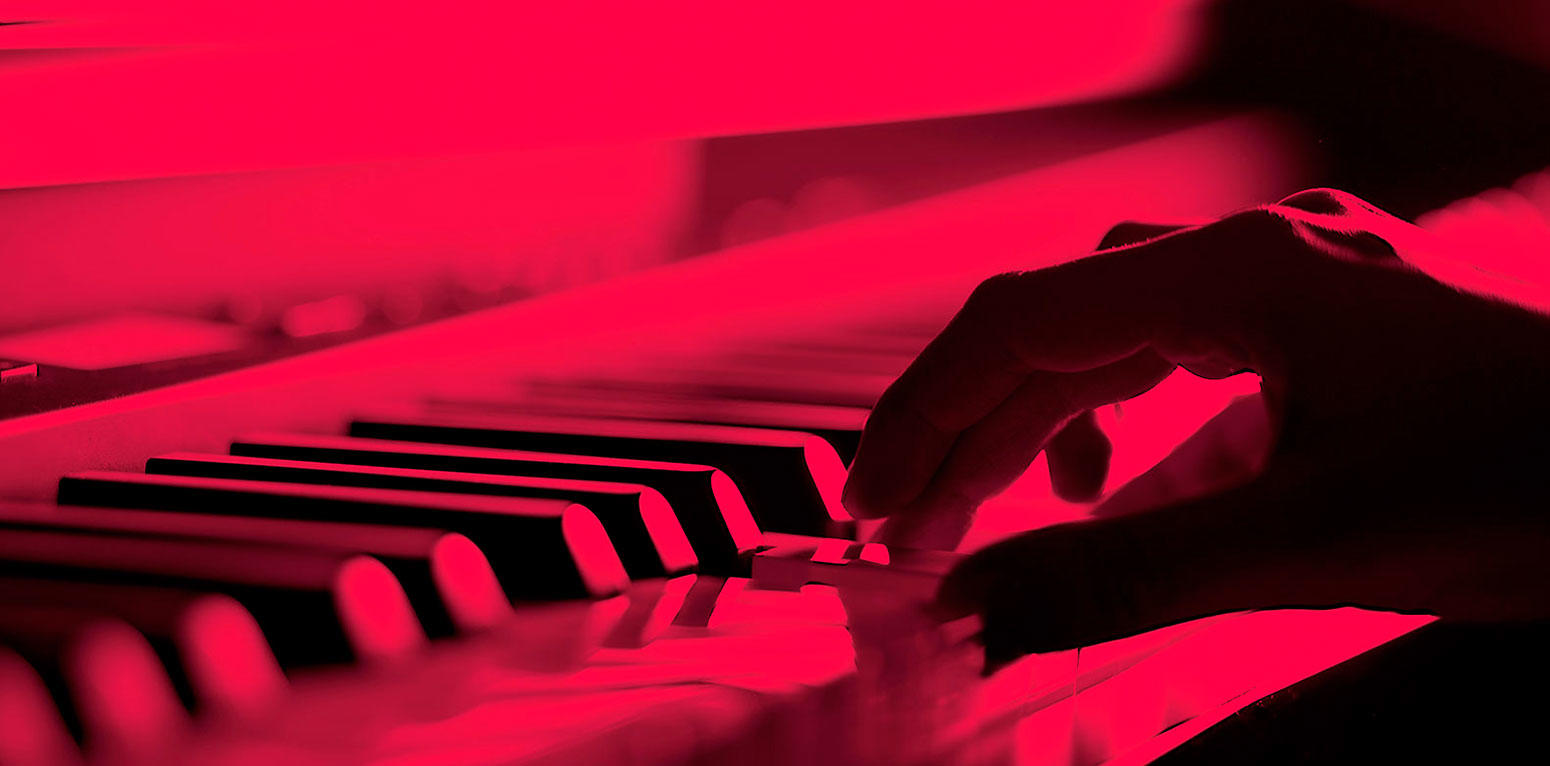
" Blau, See "
Ricordi - Berlin
SÉLECTION 2016
- Nominated for : The Musical Composition Prize 2018
- Nominated for : The Young Audience Prize 2017
For long years, I kept away from the oboe – I was interested in smooth transitions between orchestral timbres, and a quasi inaudible entrance cannot be asked from a double reed instrument like the oboe. Yet I was always impressed by the art of Heinz Holliger, and so I wrote this piece for him: the specific colour of his instrument now leaves it’s imprint on the sound of the entire orchestra, all the way to a dominance of sharp cuts over smooth transitions, imbedding the solo instrument in the orchestral sound if it is not set against the orchestra in rather chambermusic-like gestures.
An English Horn sounding from the distance seems to evoke romantic topoi, but is much rather the cause for a polyphony enveloping the performance space This dialogue between English Horn and Oboe, together with a specifically written encore for performances of Blau See, I have put into a score to be performed separately: See.
An encore of „my“ soloist, taken as a counterpoint from a composer of the past, I wanted to prevent – after all, I am bringing polyphony through this counterpoint directly into my piece.
And I do treasure this polyphony, both musically and as my view of the world. Polyphony means: to respect the other in his being different, to respect his dignity. Only the disparity of parts/voices makes a living total, and only in the reflection of the other we do recognize ourselves.
Robert HP PLATZ

